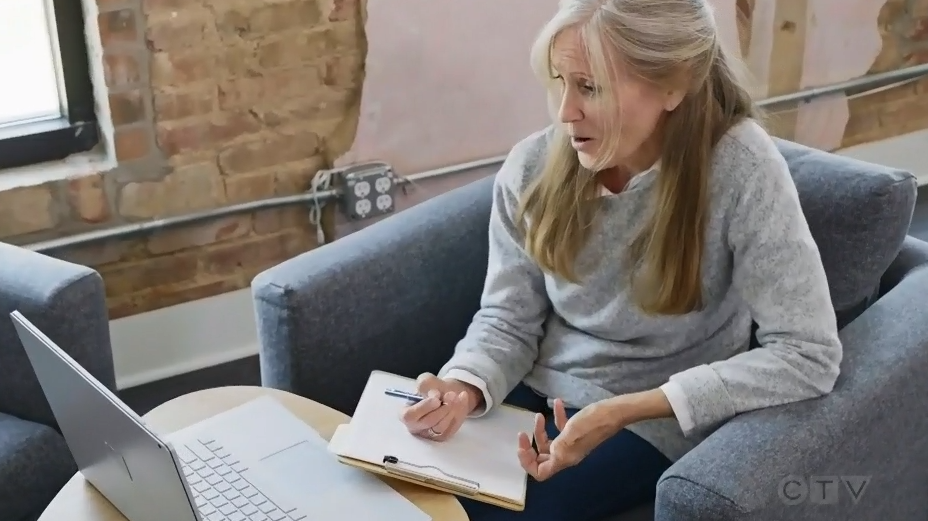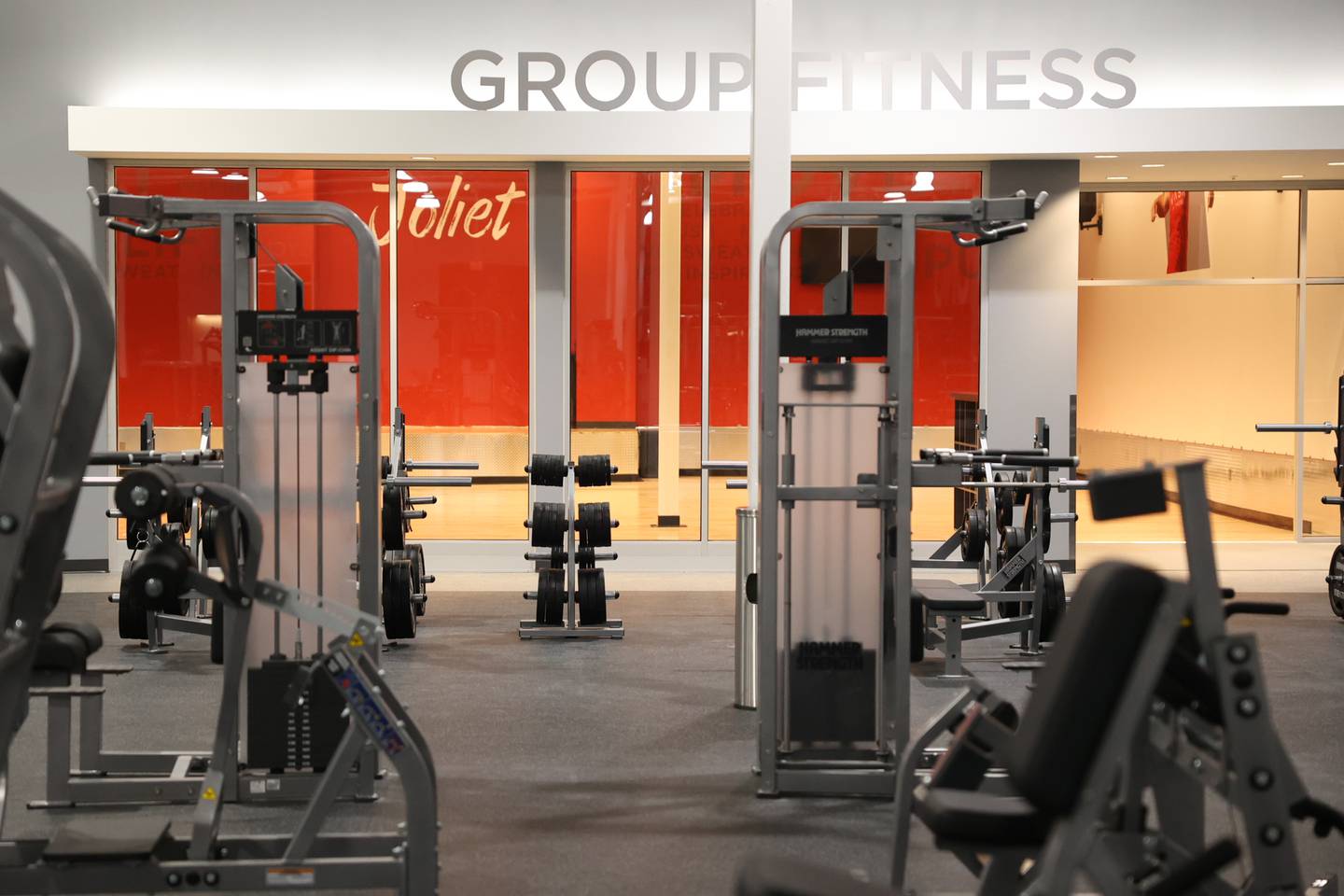A brand new survey is dropping some mild at the stresses, scars and alternatives for trade that experience emerged from the COVID-19 pandemic.
The survey, performed via Yorkville College, requested front-line employees for his or her insights at the state of psychological well being care in Canada at the moment.
Dr. Sarah Stewart-Spencer, the dean of behavioral sciences at Yorkville College, says something that stood out to her from the survey was once “we’re all hooked up and we’re all affected.”
“Truly, everybody had a collective revel in, whether or not it was once the fatigue that was once left over, the tension that it placed on our our bodies and our day-to-day lives. However every other piece is now, all of us more or less know what it way once we say, ‘Wow this were a troublesome previous couple of years.’”
She provides that the ones shared stories aren’t over but.
“There’s nonetheless a large number of aftermath, nonetheless a large number of illness. All of us nonetheless see that fatigue in point of fact lingering as smartly, and lots of are coping with grief and loss on most sensible of that. So there’s in point of fact a way of collective working out that got here out of this.”
Of the ones surveyed, 92 according to cent agree that the pandemic left worrying scars for other folks throughout Canada. And greater than part stated the state of fogeys’ and caregivers’ psychological well being post-pandemic is “slightly or considerably deteriorating.”
Stewart-Spencer says, without reference to whether or not other folks struggled with their psychological well being or now not ahead of the pandemic started, everybody “felt a shift.”
“So jointly, all of us felt that as smartly. And for those who are going through psychological well being disaster or nonetheless feeling the psychological well being sickness that they’re experiencing, the truth is get entry to to care is a big worry at the moment. We in point of fact see that being the largest, and in point of fact probably the most relating to. Ensuring that we’ve got sufficient front-line employees, ensuring there’s a counsellor or psychotherapist there, able to lend a hand. And the unlucky phase is we’re seeing intensive wait strains, we’re seeing intensive loss of care. So I’d say that’s a in point of fact large piece that got here out of this.”
Greater than part of the survey’s respondents ranked get entry to to care as one of the crucial difficult limitations going through other folks dwelling with psychological sickness.
Stewart-Spencer says there could also be a “back-to-back problem” now.
“As a result of we’ve been coping with years of in point of fact, pressure, and this ongoing, power sense of fight, however now we’re going into back-to-back demanding situations with the industrial and fiscal hardships that we’re now encountering, so we in point of fact are seeing a variety of affect.”
A big share of the ones surveyed stated they see the versatile or hybrid offices that resulted from the pandemic as a good factor.
“We’ve been in digital take care of nearly twenty years, however the fairly huge get entry to to that was once in point of fact more or less bring to an end. We hadn’t speeded up into that area,” Stewart-Spencer says. “On account of the pandemic, we had been ready to innovate, to be ingenious, to seek out techniques to achieve shoppers and provides the care that we want.
“We have now discovered a brand new approach as people to really attach and transform an extension of our self in that area to offer beef up to others.”
Supply Through https://well being.einnews.com/article/614208452?lcf=b7jJSTdPcq8k9u6o4-4IuApercent3Dpercent3D&pg=3

















